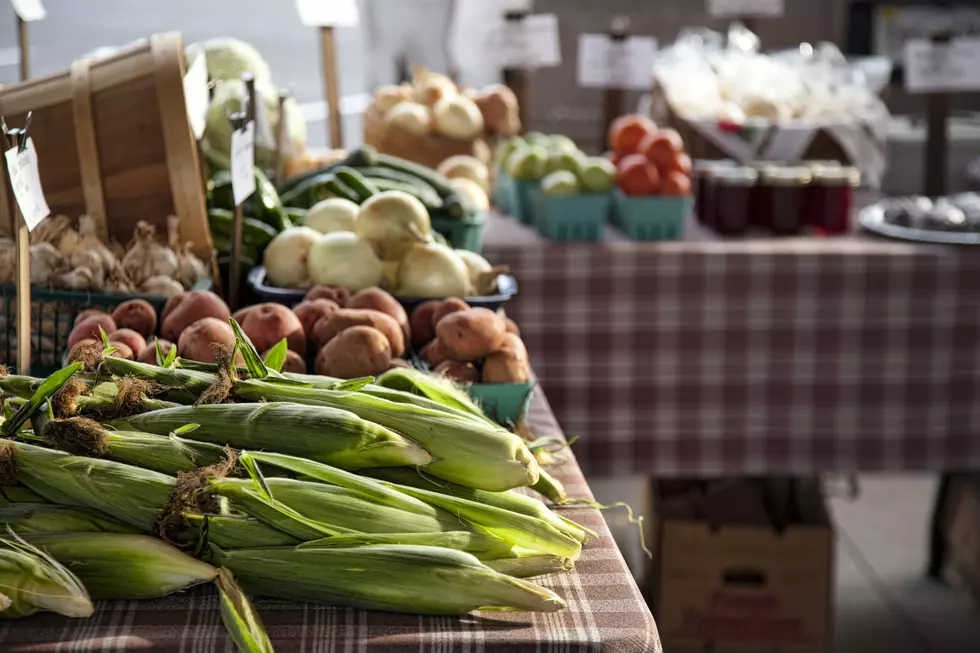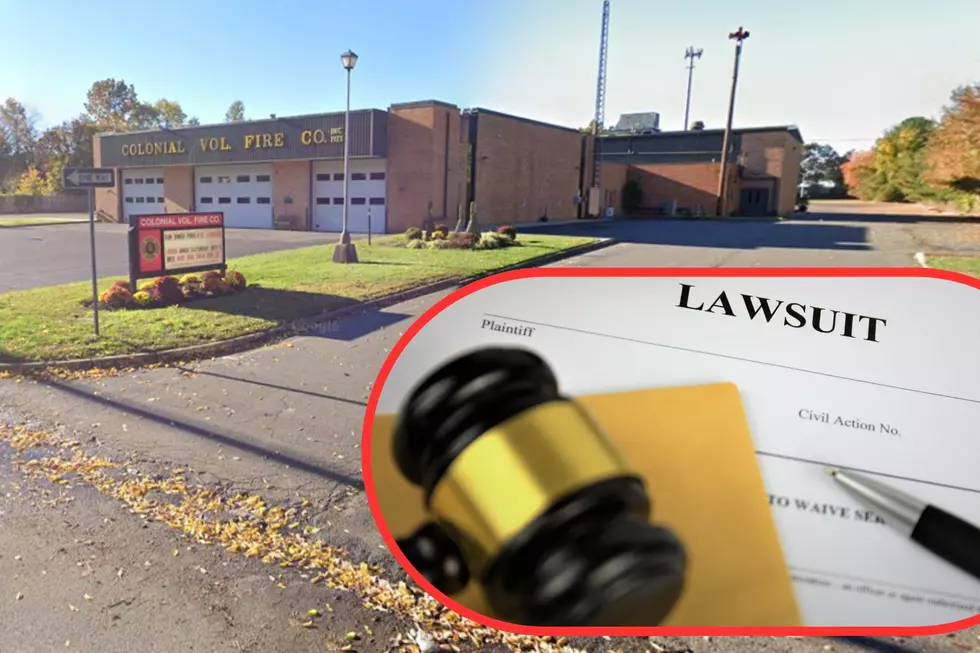
Is NJ minimum wage racist? Excluded farm workers think so
New Jersey lawmakers have approved a measure to gradually raise the minimum wage to $15 an hour by 2024. But not everybody is covered by the plan.
Men and women who work on farms in New Jersey will see their minimum wage increased to $12.50 an hour by 2024.
“This is a horrendous decision,” said Diana Tellefson Torres, the executive director of the United Farm Workers.
She said this is “going back to an era in the 1930s, when African American farm workers were excluded from the Fair Labor Standards Act."
“There is a history of farm workers being excluded from federal laws and many state laws that’s really rooted in this discrimination," she said Thursday.
Torres said by setting a different minimum wage for farm workers the message being sent is “farm workers who pretty much put food on our table are not as important as other workers, and so this is just unacceptable. This horrendous type of systematic discrimination, it’s appalling to us.”
But it turns out many New Jersey farmers are already paying workers $13.15 an hour, under a U.S. Department of Labor guest worker program that recruits laborers from other countries, especially Mexico and Central America.
All of these workers must first be cleared by the U.S. Department of Homeland Security before they are allowed to participate, and New Jersey farmers provide housing, transportation and food for the individuals they hire, typically for six to seven months, which is a significant added expense for farms.
Some New Jersey farms, especially in southern parts of the state, hire local seasonal workers and they typically are paid more than the minimum wage, although not as much as workers in the guest worker program.
The New Jersey Farm Bureau declined a request for an interview but the president of the organization, Ryck Suydam, issued a written statement:
The legislation being voted on (and passed on Wednesday) includes a steadily increasing minimum wage for all agricultural workers to $12.50 in 2024, followed by an annual consumer price index (CPI) escalator, followed by "the highest farm minimum wage among Northeast states." Many farmers worry about how they can afford that, let alone the idea of a higher rate. The bill reflects an understanding of farming’s value to the state but also its unique financial vulnerabilities.”
You can contact reporter David Matthau at David.Matthau@townsquaremedia.com
More From New Jersey 101.5 FM









